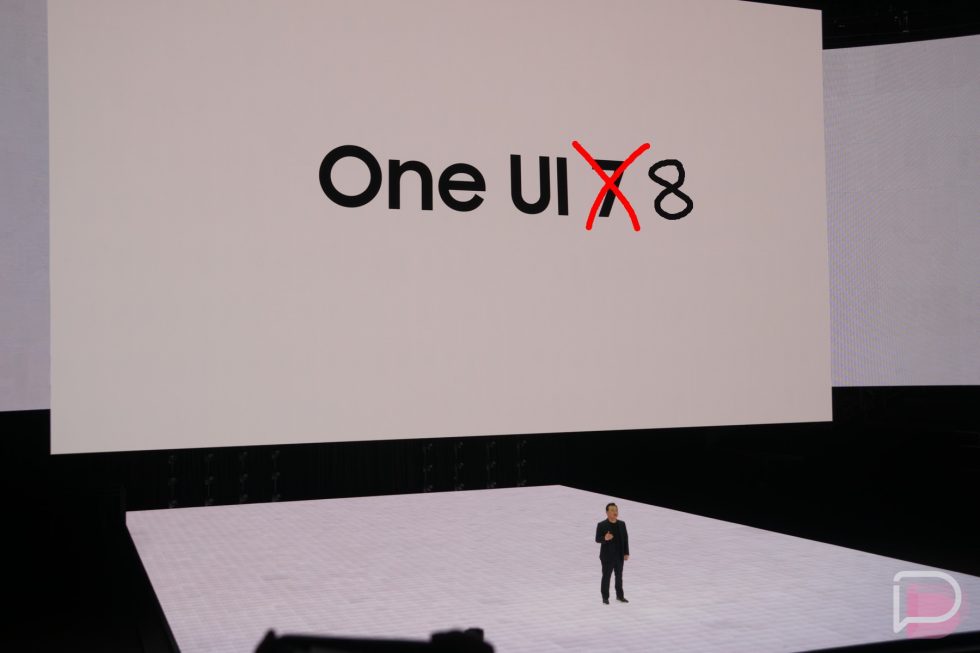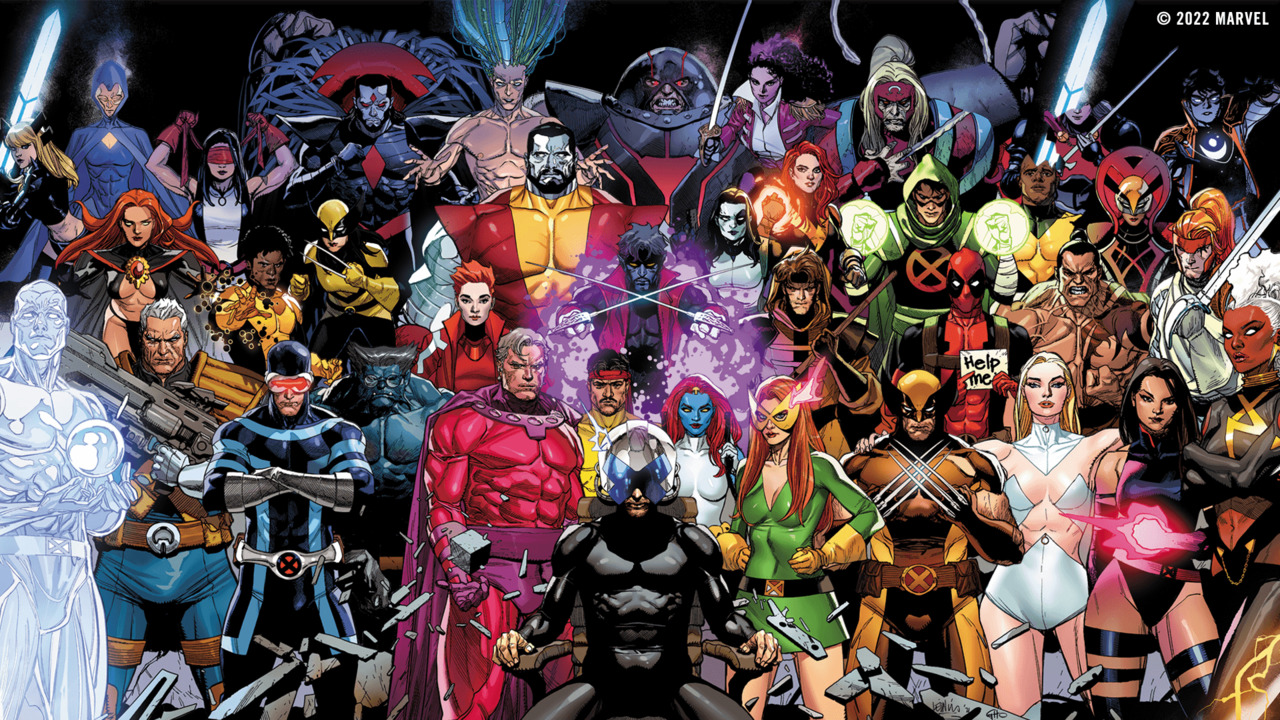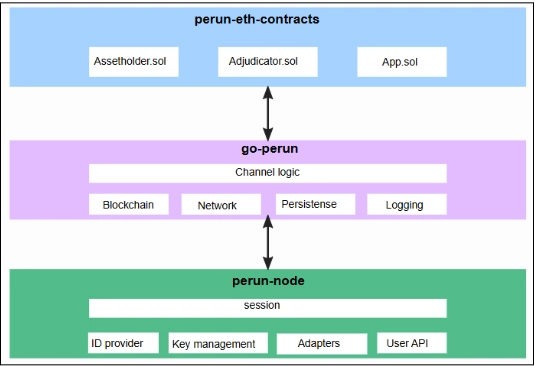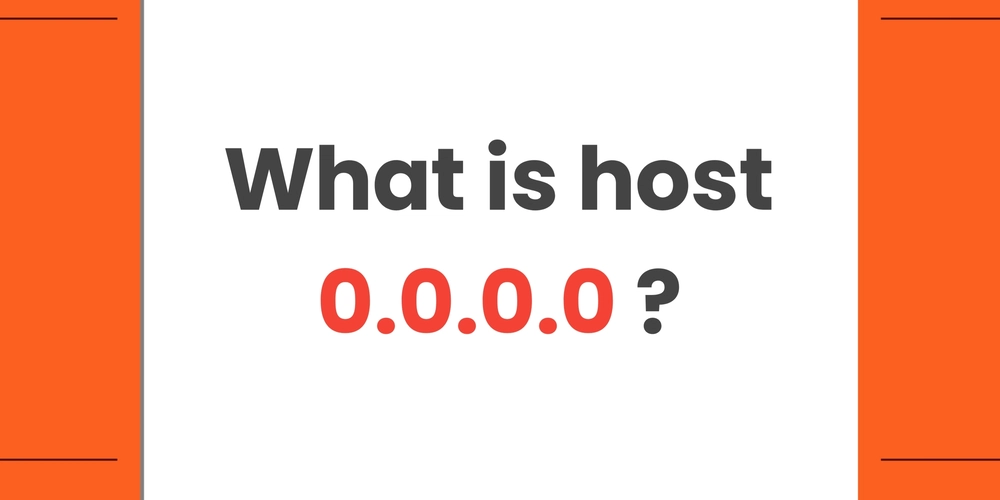Who Is Leading the World in Artificial Intelligence in 2025?
As of 2025, the race to dominate the field of artificial intelligence has intensified, with several nations and companies vying for global supremacy. The question of who is leading the world in artificial intelligence in 2025 is no longer just about technological prowess; it involves economic strategy, research leadership, military innovation, and ethical AI governance. In this article, we break down the global leaders in AI, the driving factors behind their success, and what the future may hold for the balance of power in the tech world. United States: Innovation at the Forefront The United States remains a top contender in 2025, thanks to its robust ecosystem of tech giants like Google DeepMind, Microsoft, OpenAI, Meta, and Amazon. American universities such as MIT and Stanford continue to lead in AI research, while Silicon Valley remains the hotbed of innovation. Major government initiatives like the National AI Research Resource (NAIRR) and funding for AI-driven defense systems have also kept the U.S. at the cutting edge. China: Scaling AI with Speed and Precision China has emerged as the most formidable competitor to the U.S. in 2025. The country has invested billions into AI through its "Next Generation Artificial Intelligence Development Plan," and it leads in AI applications across smart cities, surveillance, and e-commerce. Companies like Baidu, Alibaba, Tencent, and Huawei are at the forefront of deploying AI in real-world scenarios. With the world's largest AI-related patent filings and data pools, China leverages its population and regulatory environment to scale AI solutions rapidly. India: The Fastest-Growing AI Ecosystem India has taken impressive strides in 2025, evolving from a technology service provider to an innovation-driven AI hub. Government programs like "AI for Bharat," along with AI-specific missions under Digital India, have accelerated the adoption of AI in healthcare, agriculture, and governance. Indian companies such as Tagbin, Wipro AI, TCS, and Fractal are delivering high-impact AI solutions globally, contributing to India becoming a major player in ethical and inclusive AI. European Union: Ethical and Responsible AI The European Union focuses on trustworthy and ethical AI, and in 2025, it continues to set global standards for AI governance. With strong regulatory frameworks like the EU AI Act and programs funding AI R&D, Europe aims to balance innovation with public trust. Countries like Germany, France, and the Netherlands lead in industrial AI, autonomous vehicles, and AI ethics, working toward a harmonized pan-European AI ecosystem. Other Notable Players • Canada: Known for its pioneering research in deep learning and home to experts like Geoffrey Hinton, Canada supports innovation through academic institutions and government funding. • United Kingdom: London remains a strong AI hub, with a focus on fintech, healthtech, and machine learning startups. • South Korea & Japan: Leaders in robotics, automation, and consumer AI products. Key Areas of AI Leadership in 2025 Natural Language Processing – Dominated by U.S. companies like OpenAI and Google. AI Chips and Hardware – China and the U.S. lead in R&D and production. AI Ethics and Policy – EU sets the benchmark for responsible AI. AI in Governance – India is pioneering AI for public sector transformation. Commercial AI Products – China excels in deploying large-scale AI applications. Factors Driving AI Leadership • Investment in R&D • Government policy and strategic frameworks • Talent availability and education systems • Startup ecosystems and public-private partnerships • Adoption across sectors like healthcare, defense, and finance Who Will Lead Tomorrow? While the U.S. and China dominate the global AI stage in 2025, the landscape is dynamic. India’s rise as a democratic AI powerhouse, the EU’s leadership in ethical AI, and collaborative research efforts worldwide mean the AI race isn’t about one winner — it’s a multi-polar contest shaping humanity’s digital destiny. Final Thoughts Determining who is leading the world in artificial intelligence in 2025 requires looking beyond rankings. It's about innovation, inclusiveness, and long-term vision. While the U.S. and China lead in terms of scale and investment, countries like India and those in the EU are contributing uniquely by focusing on AI for social good, ethical governance, and sustainable innovation. As we progress toward 2030, leadership in AI will be determined not only by who builds the smartest models, but by who applies them most responsibly, transparently, and inclusively. Global collaboration, open-source AI, and ethical alignment will play a defining role in shaping the future of AI leadership. FAQs Q1. Who is leading the world in artificial intelligence in 2025? The U.S. and China are the primary leaders, with India and the EU


As of 2025, the race to dominate the field of artificial intelligence has intensified, with several nations and companies vying for global supremacy. The question of who is leading the world in artificial intelligence in 2025 is no longer just about technological prowess; it involves economic strategy, research leadership, military innovation, and ethical AI governance.
In this article, we break down the global leaders in AI, the driving factors behind their success, and what the future may hold for the balance of power in the tech world.
United States: Innovation at the Forefront
The United States remains a top contender in 2025, thanks to its robust ecosystem of tech giants like Google DeepMind, Microsoft, OpenAI, Meta, and Amazon. American universities such as MIT and Stanford continue to lead in AI research, while Silicon Valley remains the hotbed of innovation.
Major government initiatives like the National AI Research Resource (NAIRR) and funding for AI-driven defense systems have also kept the U.S. at the cutting edge.
China: Scaling AI with Speed and Precision
China has emerged as the most formidable competitor to the U.S. in 2025. The country has invested billions into AI through its "Next Generation Artificial Intelligence Development Plan," and it leads in AI applications across smart cities, surveillance, and e-commerce.
Companies like Baidu, Alibaba, Tencent, and Huawei are at the forefront of deploying AI in real-world scenarios. With the world's largest AI-related patent filings and data pools, China leverages its population and regulatory environment to scale AI solutions rapidly.
India: The Fastest-Growing AI Ecosystem
India has taken impressive strides in 2025, evolving from a technology service provider to an innovation-driven AI hub. Government programs like "AI for Bharat," along with AI-specific missions under Digital India, have accelerated the adoption of AI in healthcare, agriculture, and governance.
Indian companies such as Tagbin, Wipro AI, TCS, and Fractal are delivering high-impact AI solutions globally, contributing to India becoming a major player in ethical and inclusive AI.
European Union: Ethical and Responsible AI
The European Union focuses on trustworthy and ethical AI, and in 2025, it continues to set global standards for AI governance. With strong regulatory frameworks like the EU AI Act and programs funding AI R&D, Europe aims to balance innovation with public trust.
Countries like Germany, France, and the Netherlands lead in industrial AI, autonomous vehicles, and AI ethics, working toward a harmonized pan-European AI ecosystem.
Other Notable Players
• Canada: Known for its pioneering research in deep learning and home to experts like Geoffrey Hinton, Canada supports innovation through academic institutions and government funding.
• United Kingdom: London remains a strong AI hub, with a focus on fintech, healthtech, and machine learning startups.
• South Korea & Japan: Leaders in robotics, automation, and consumer AI products.
Key Areas of AI Leadership in 2025
- Natural Language Processing – Dominated by U.S. companies like OpenAI and Google.
- AI Chips and Hardware – China and the U.S. lead in R&D and production.
- AI Ethics and Policy – EU sets the benchmark for responsible AI.
- AI in Governance – India is pioneering AI for public sector transformation.
- Commercial AI Products – China excels in deploying large-scale AI applications.
Factors Driving AI Leadership
• Investment in R&D
• Government policy and strategic frameworks
• Talent availability and education systems
• Startup ecosystems and public-private partnerships
• Adoption across sectors like healthcare, defense, and finance
Who Will Lead Tomorrow?
While the U.S. and China dominate the global AI stage in 2025, the landscape is dynamic. India’s rise as a democratic AI powerhouse, the EU’s leadership in ethical AI, and collaborative research efforts worldwide mean the AI race isn’t about one winner — it’s a multi-polar contest shaping humanity’s digital destiny.
Final Thoughts
Determining who is leading the world in artificial intelligence in 2025 requires looking beyond rankings. It's about innovation, inclusiveness, and long-term vision. While the U.S. and China lead in terms of scale and investment, countries like India and those in the EU are contributing uniquely by focusing on AI for social good, ethical governance, and sustainable innovation.
As we progress toward 2030, leadership in AI will be determined not only by who builds the smartest models, but by who applies them most responsibly, transparently, and inclusively. Global collaboration, open-source AI, and ethical alignment will play a defining role in shaping the future of AI leadership.
FAQs
Q1. Who is leading the world in artificial intelligence in 2025? The U.S. and China are the primary leaders, with India and the EU emerging as strong contenders.
Q2. What makes the U.S. a leader in AI? Strong tech companies, advanced research, and military AI initiatives contribute to U.S. dominance.
Q3. How is China advancing in AI in 2025? Massive investments, government-backed programs, and real-world deployment give China a major edge.
Q4. What role does India play in global AI in 2025? India is focusing on inclusive and ethical AI, leveraging AI for public welfare and governance.
Q5. Why is the EU significant in the AI race? The EU leads in AI regulation, ethics, and responsible deployment across various industries.










































































![Apple Foldable iPhone to Feature New Display Tech, 19% Thinner Panel [Rumor]](https://www.iclarified.com/images/news/97271/97271/97271-640.jpg)
![Apple Shares New Mother's Day Ad: 'A Gift for Mom' [Video]](https://www.iclarified.com/images/news/97267/97267/97267-640.jpg)
![Apple Developing New Chips for Smart Glasses, Macs, AI Servers [Report]](https://www.iclarified.com/images/news/97269/97269/97269-640.jpg)
![Apple Shares Official Trailer for 'Stick' Starring Owen Wilson [Video]](https://www.iclarified.com/images/news/97264/97264/97264-640.jpg)













































































































 Evolved as a Predominant Framework for Ransomware Attacks.webp?#)



_Aleksey_Funtap_Alamy.jpg?width=1280&auto=webp&quality=80&disable=upscale#)
_Sergey_Tarasov_Alamy.jpg?width=1280&auto=webp&quality=80&disable=upscale#)


























































































































![[The AI Show Episode 146]: Rise of “AI-First” Companies, AI Job Disruption, GPT-4o Update Gets Rolled Back, How Big Consulting Firms Use AI, and Meta AI App](https://www.marketingaiinstitute.com/hubfs/ep%20146%20cover.png)

































































































































































































































































